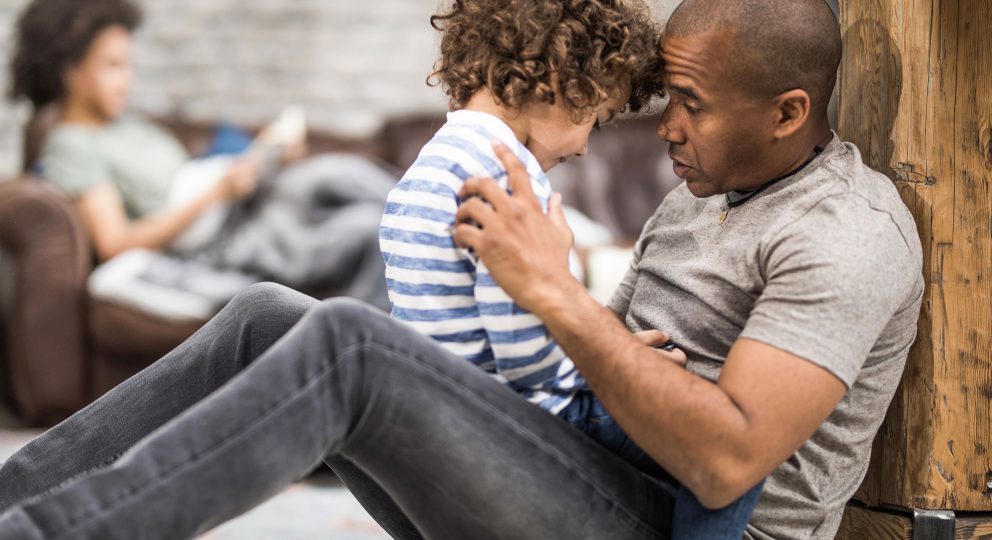
In 1976, Dr. John Gottman, Cliff Notarius, Howard Markman, Steve Bank, and Bruce Yoppi conducted a series of studies that investigated behavior exchange theory and reciprocity in positive and negative behaviors expressed between partners in distressed and non-distressed marriages.
Exchange theory proposes that social behavior is the result of an exchange process. The purpose of this exchange is to maximize benefits and minimize costs. According to this theory, people weigh the potential benefits and risks of social relationships. When the risks outweigh the rewards, people will terminate or abandon that relationship.
The researchers gathered two groups of couples: distressed and non-distressed, the former having rated their marriages as “experiencing difficulties” while the latter whose marriages were “mutually satisfying.”
In the studies, distressed and non-distressed couples made decisions on high and low-conflict tasks. They continuously coded both the intended impact of their own behavior on their spouse and the impact of their spouse’s behavior on themselves. In Study 1, distressed couples did not differ from non-distressed couples on how they intended their behavior to be received. However, the behavior of distressed spouses was received more negatively by their partners than the behavior of their non-distressed counterparts. The couples in Study 2 also behaved in a way consistent with a communication-deficit explanation of distressed marriages; that is, distressed couples’ behavior was likely to be coded by their partners as far more negative than they intended.
In the end, the researchers concluded that the reciprocity hypothesis did not hold, reporting the data from the present investigation support a “bank account” model of non-distressed marriage rather than a reciprocity model. In a bank account model, a non-distressed marriage differs from a distressed marriage in that there are more positive “deposits” than negative “withdrawals” from the emotional bank account. In a non-distressed marriage, the consequent positive impact codes are not contingent upon the spouse’s antecedent coding. Perhaps it is precisely this lack of reciprocity in a context of high positive exchange that characterizes stable positive interaction in non-distressed couples.
The results of this study (along with many, many others) gave Dr. Gottman the tools with which to create the world-renowned Gottman Method Therapy, and to help couples to build their own Sound Relationship House. This particular study directly relates to building an Emotional Bank Account by taking the opportunity to Turn Towards your partner’s bids for emotional connection in Sliding Door Moments.










